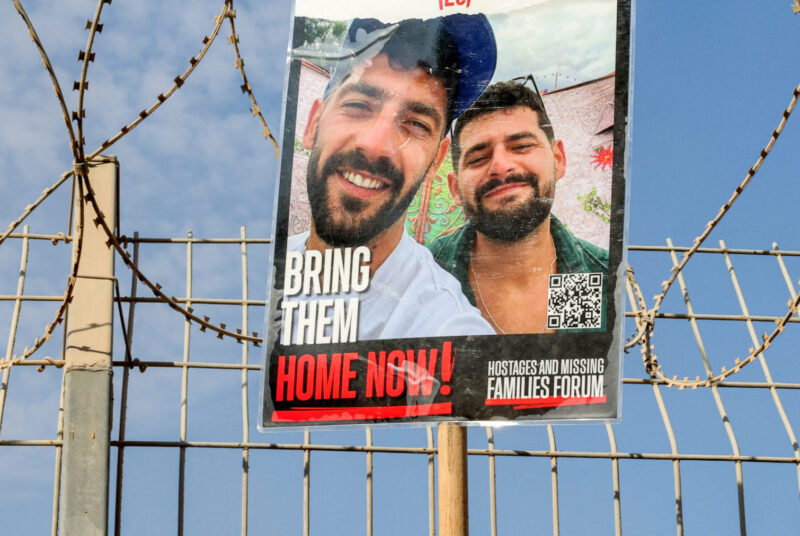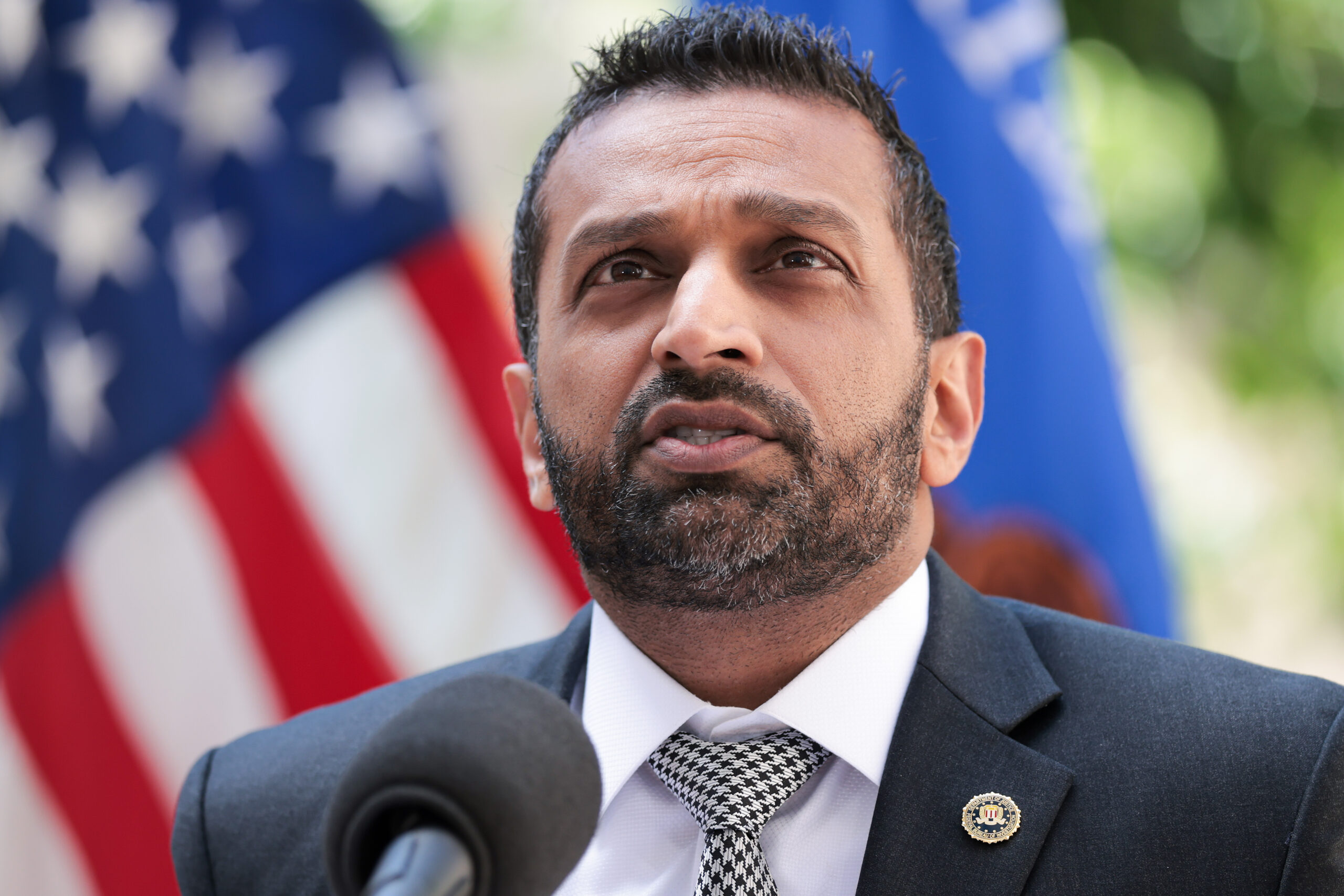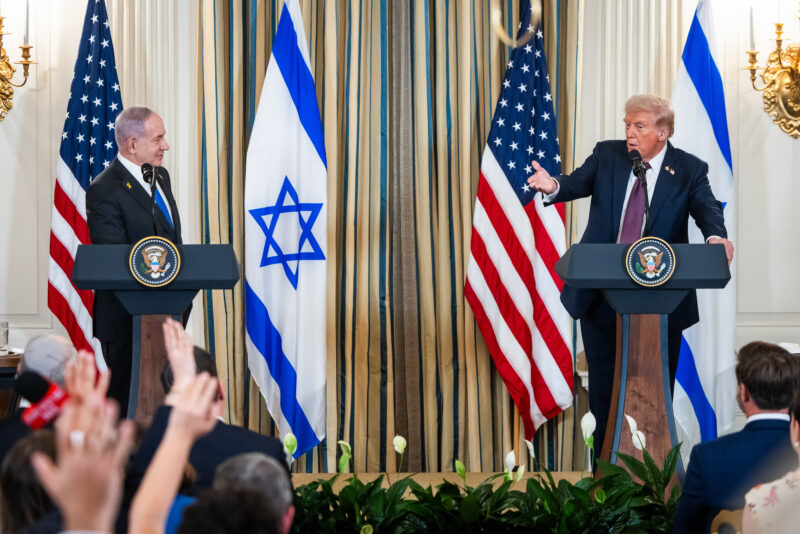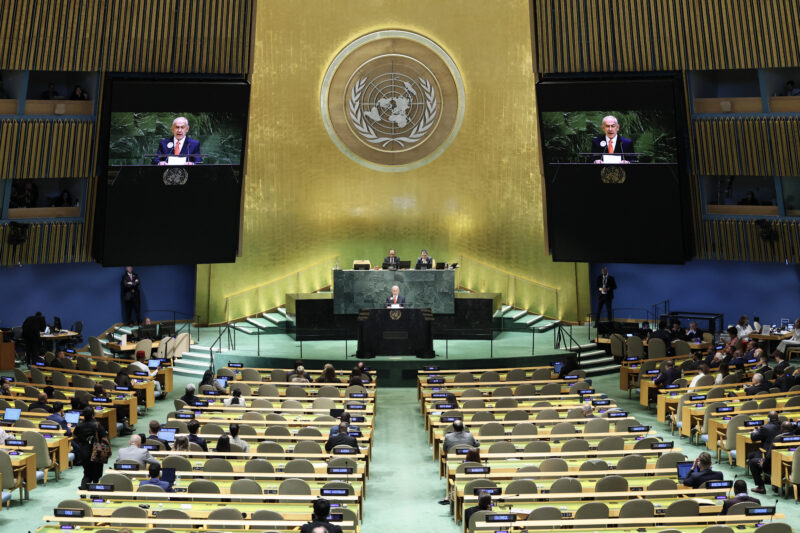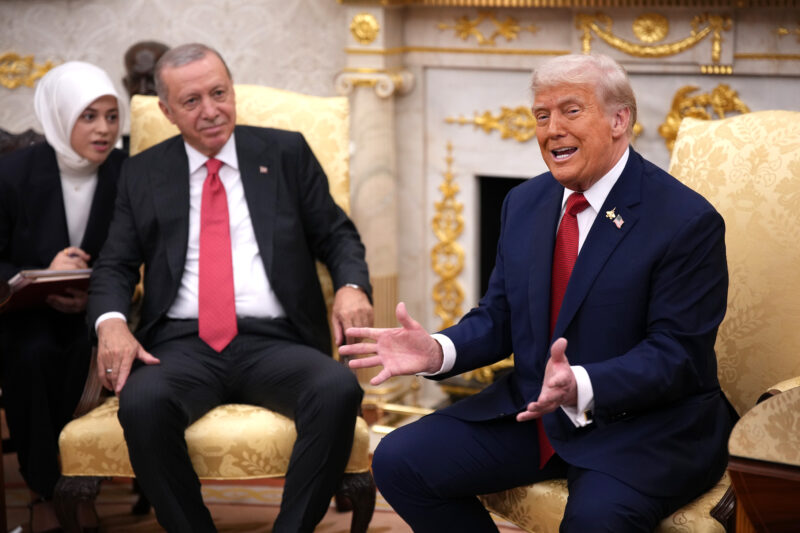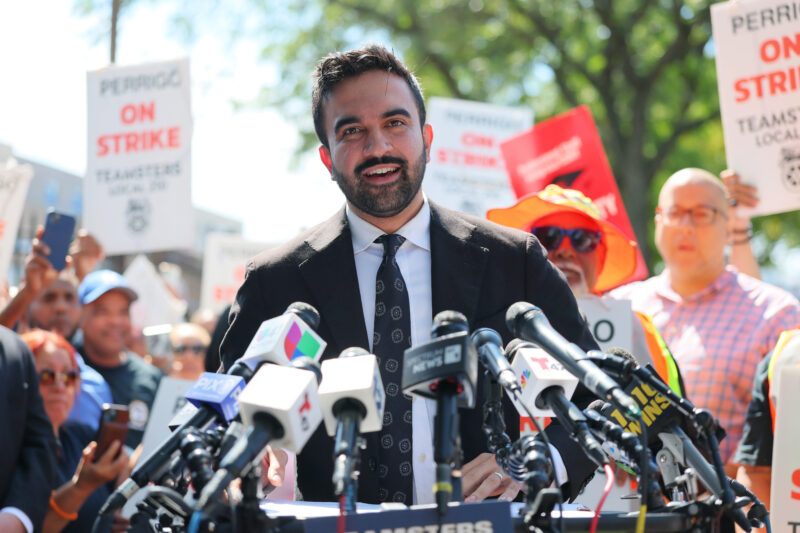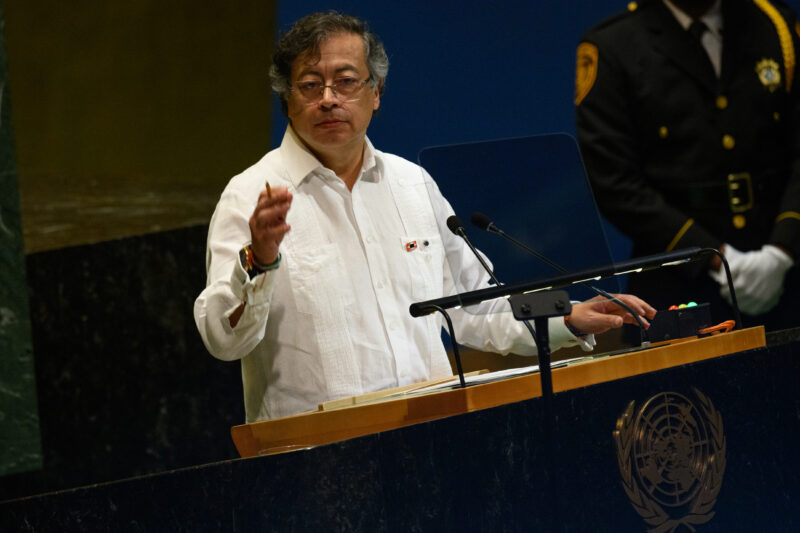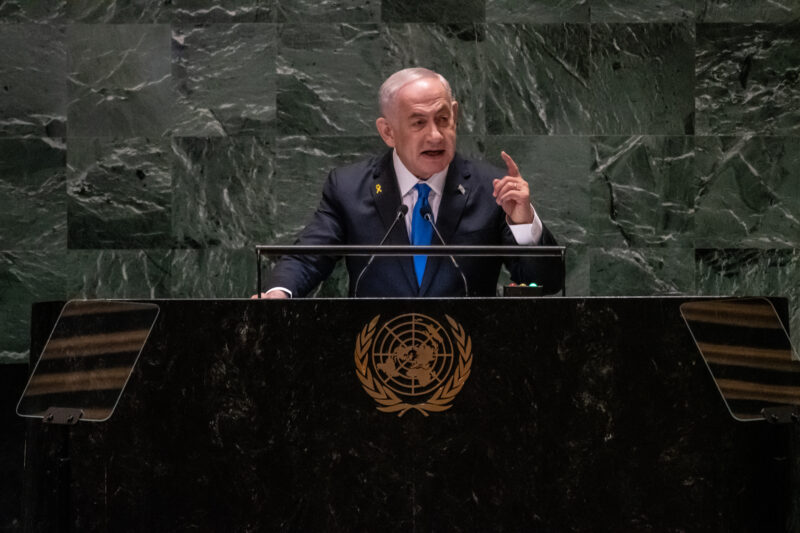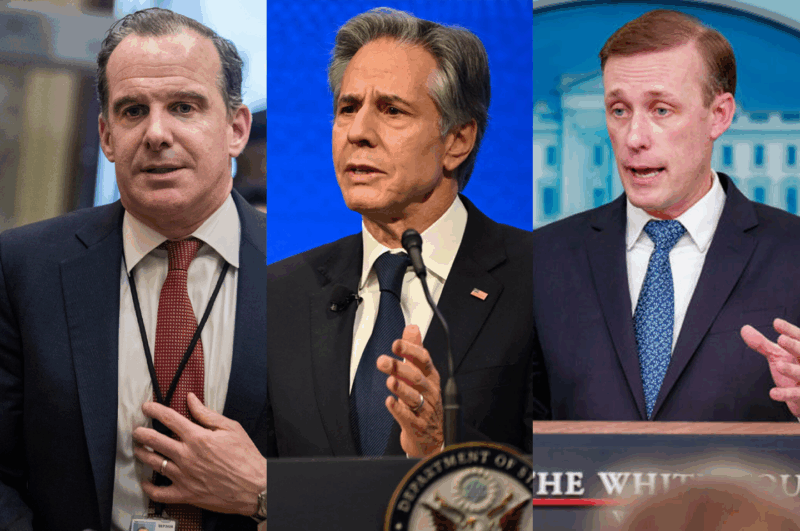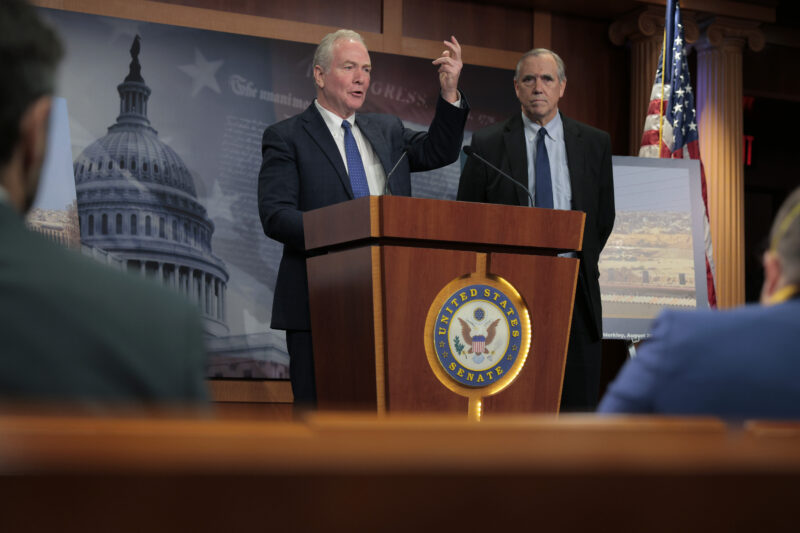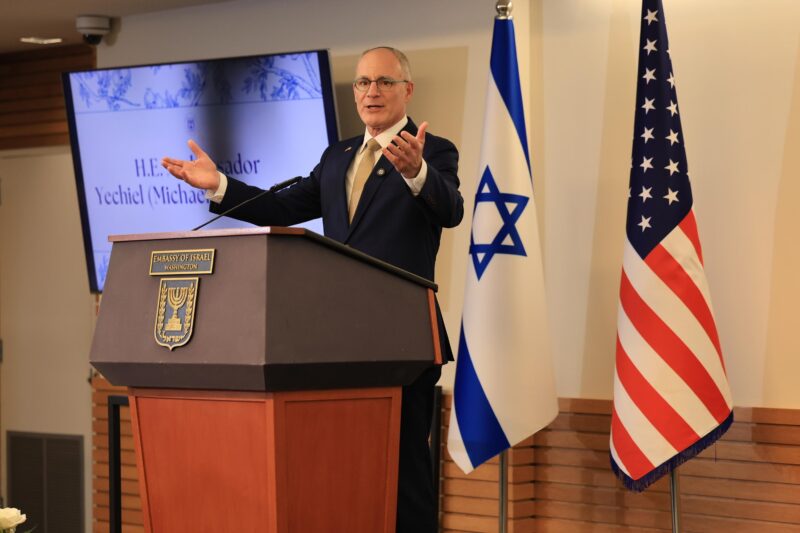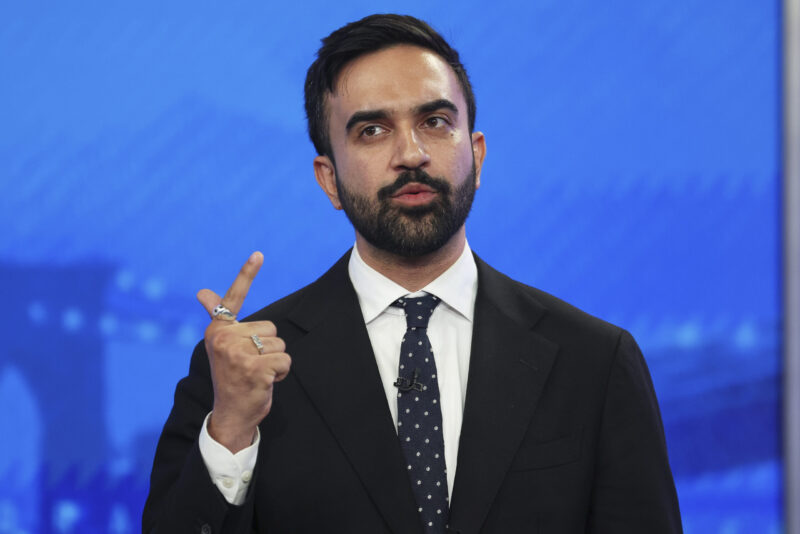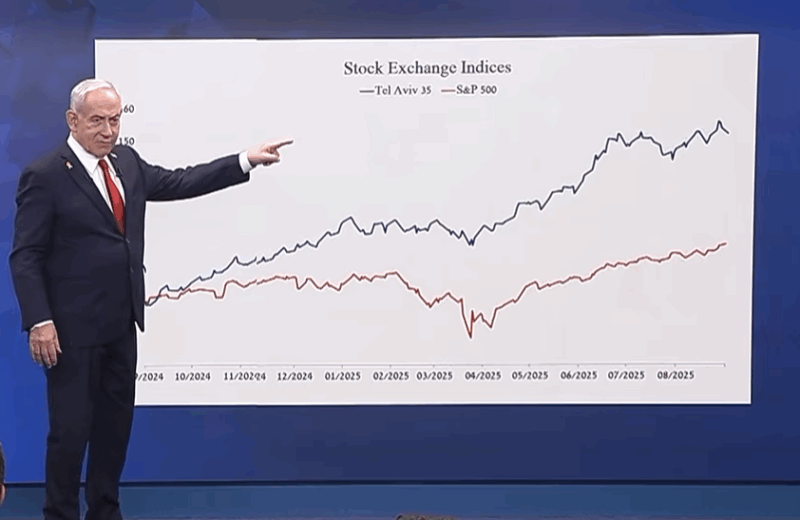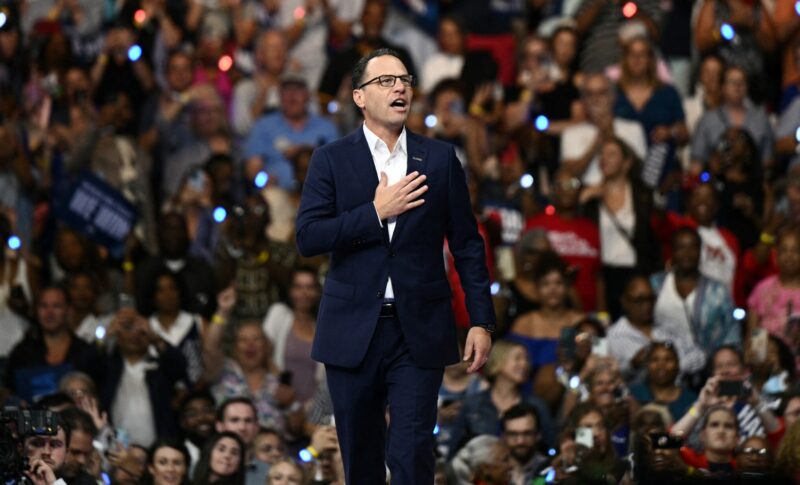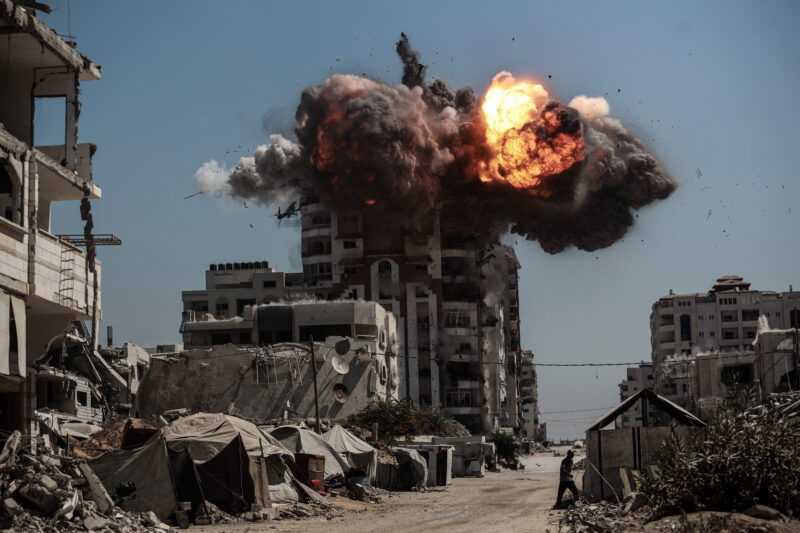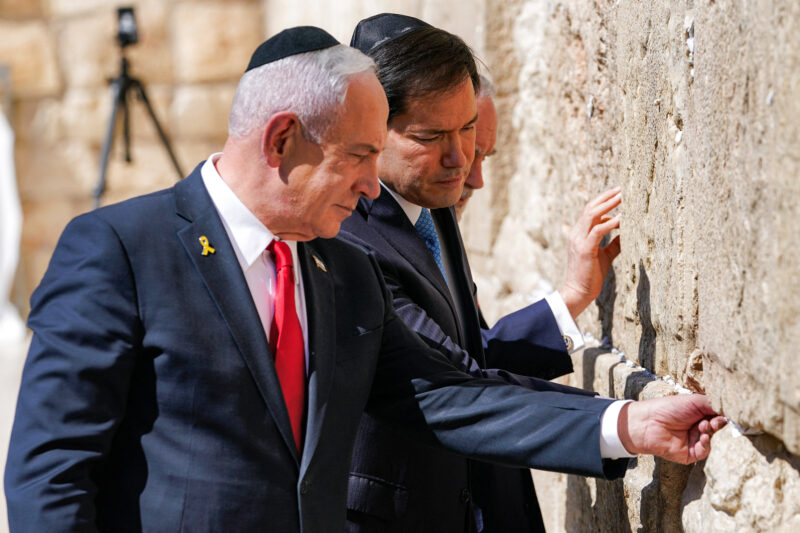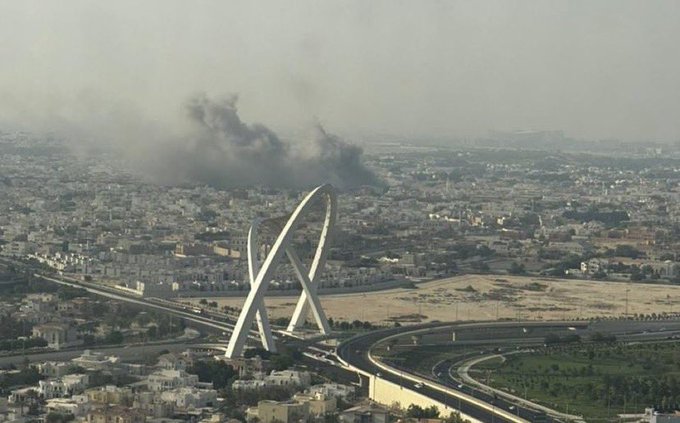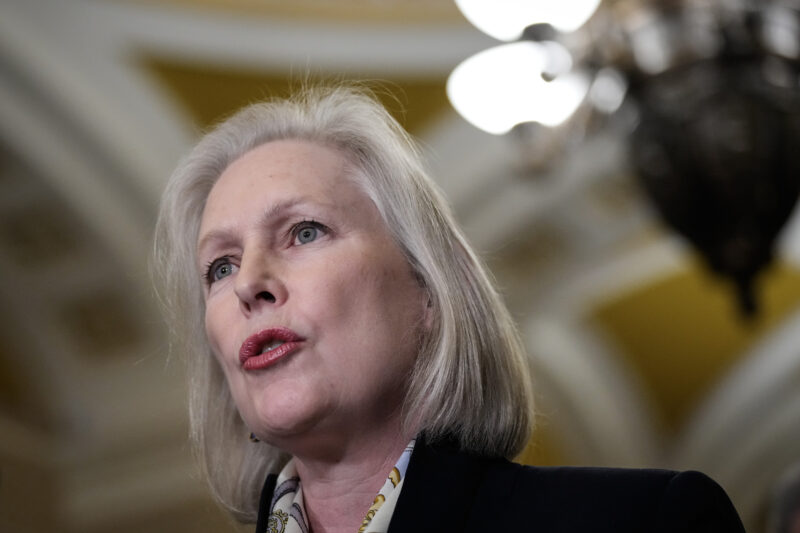How global pressure on Israel rewards Hamas
Against the backdrop of ceasefire and hostage-release negotiations, Israeli actions in Gaza draw widespread condemnation

BASHAR TALEB/AFP via Getty Images
A Palestinian Hamas fighter carries a rifle as terrorists and people gather at the site of the handing over of Israeli hostages at the Nuseirat refugee camp in the central Gaza Strip on February 22, 2025.
It’s a scenario that has played out many times over since Oct. 7, 2023: Against the backdrop of ceasefire and hostage-release negotiations, Israeli actions in Gaza draw widespread condemnation. World leaders call for a ceasefire. Amid that growing criticism, Hamas, sensing increased pressure on Israel, responds by escalating its demands or backing away from negotiations entirely.
This week is no different, with Israel’s launch on Monday of a ground operation in central Gaza’s Deir al-Balah, where it had not previously operated, the same day that more than two dozen Western countries released a joint statement calling for “unconditional and permanent ceasefire.” Hamas negotiators in Doha, Qatar, have reportedly spent the last two weeks dragging out ceasefire talks, over issues ranging from the number of Palestinian prisoners to be released to the areas where the IDF is allowed to operate.
In yesterday’s statement, the countries’ demand of Hamas is only for the “immediate and unconditional release” of the remaining 50 hostages, with no mention of disarmament or the terror group’s removal from power — key Israeli demands since Hamas’ brutal attacks on the Jewish state almost two years ago.
Hamas has since October 2023 faced limited pressure to acquiesce to Israeli and American demands. The terror group’s backers in Doha, where senior Hamas officials have long lived in opulence and security, have similarly faced little international pressure — even as Qatar plays a key role in negotiations. Israel has not been a perfect actor, and at times has walked away from the negotiating table. But Jerusalem’s refusals have been outpaced by Hamas’ intransigence, the latter of which has frustrated White House officials in both the current and former administrations.
At his final press briefing as secretary of state in January, Tony Blinken warned that Hamas benefitted from international pressure on Israel, saying, “Hamas held back [from agreeing to deals] at various points because it saw or hoped that public international pressure was mounting on Israel, and it could just wait it out and that pressure would get to a point where Israel would have to accede to all of Hamas’ demands.”
And in a Washington Post op-ed shortly after leaving the White House, Brett McGurk acknowledged that “throughout the ceasefire negotiations, Hamas consistently held back on a commitment to release hostages and aimed to ensure that it remains in power after the war ends.”
What’s more, McGurk wrote in his op-ed, Israel faced demands in the weeks and months after the onset of the war “that the only way to stop the fighting was for Israel to accept all of Hamas’s terms. Calls to restrict weapons shipments to Israel, or to increase pressure on Israel (rather than on those who kept attacking it), or to back U.N. Security Council resolutions demanding ‘unconditional’ ceasefires with Hamas, discounted this regional equation and the intent of Israel’s adversaries.”
There is a popular adage that insanity is doing the same thing over and over again and expecting different results. For nearly two years, Israel, Hamas and the international community have fallen into an endless cycle of talks, official statements and Hamas backtracking. Far from getting a different result, the world has seen more of the same: the continued captivity of the hostages, deepening global ostracization of Israel, ongoing death and destruction in Gaza and a Hamas that feels emboldened to up its demands.





